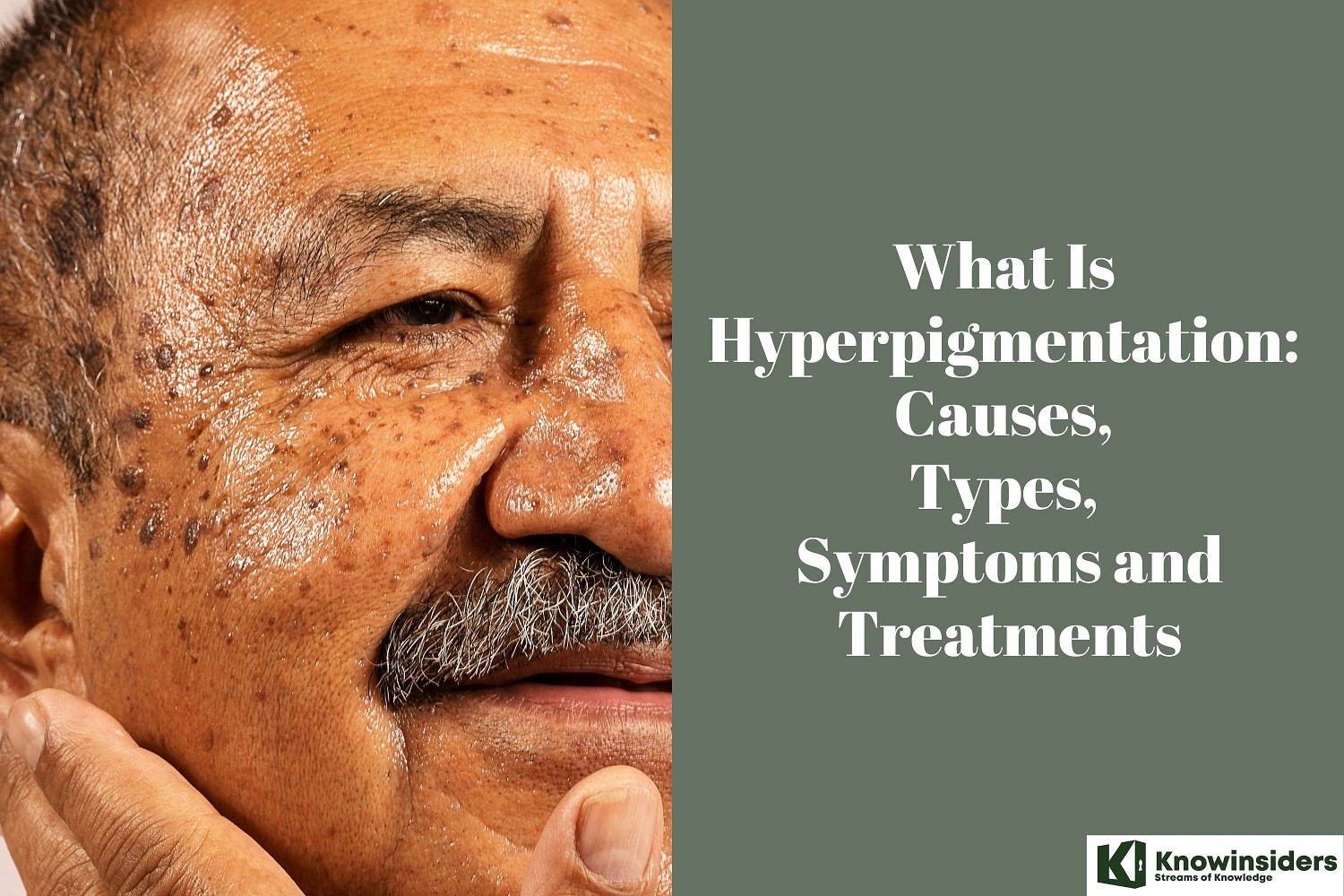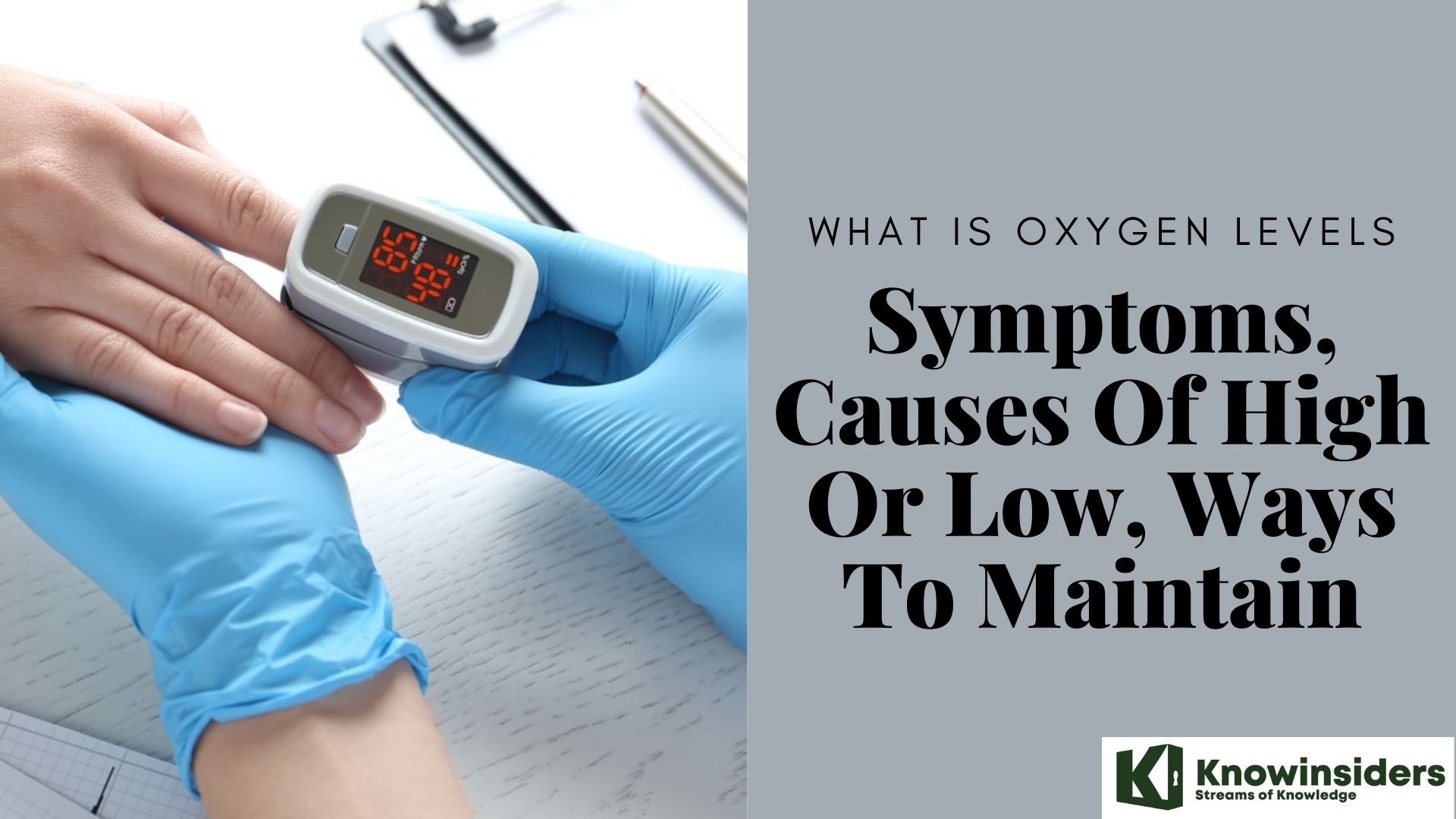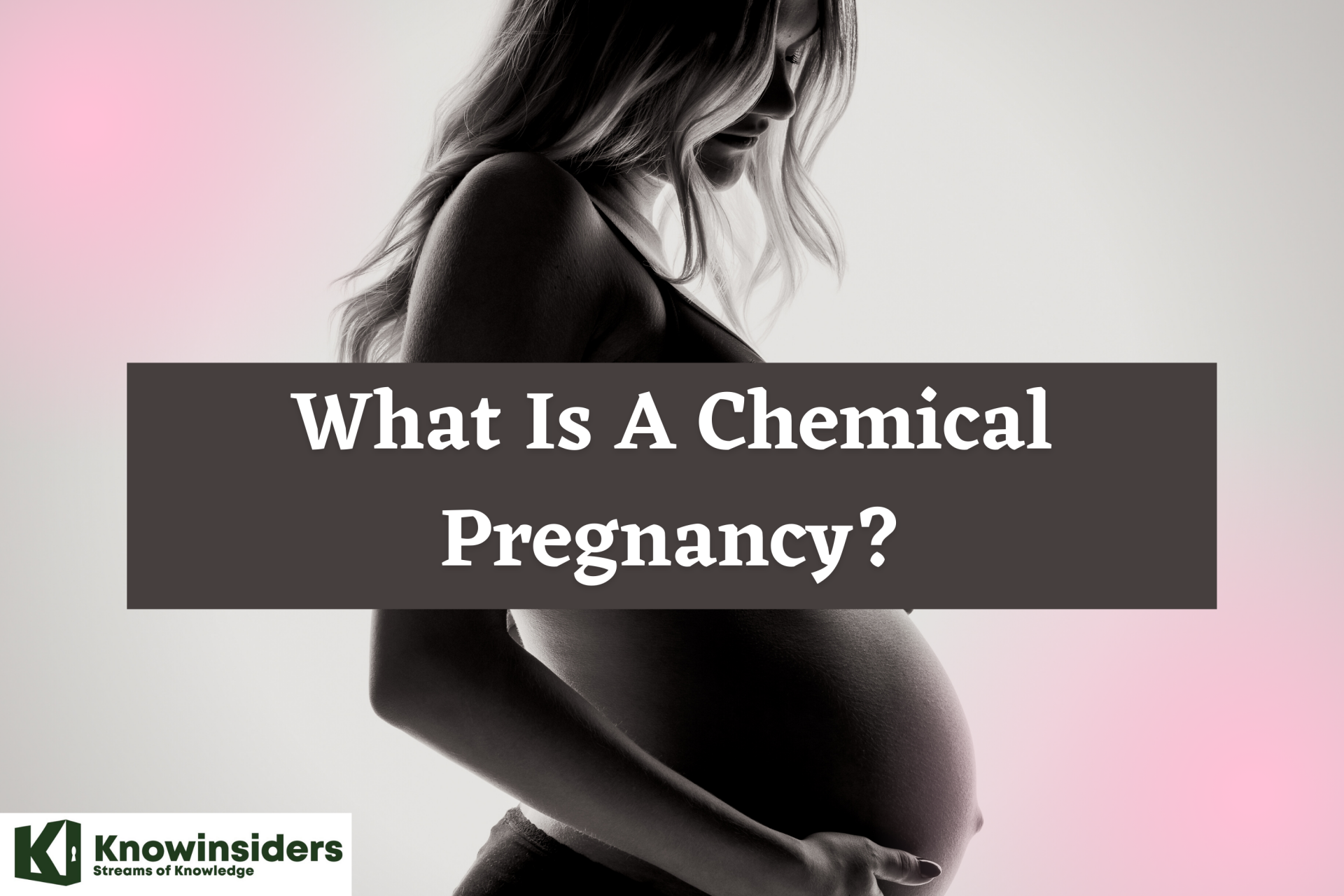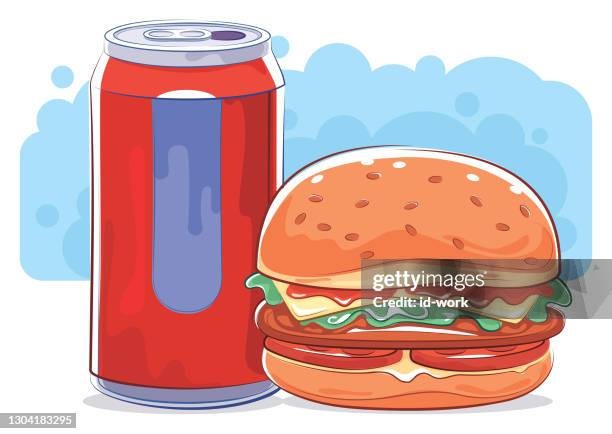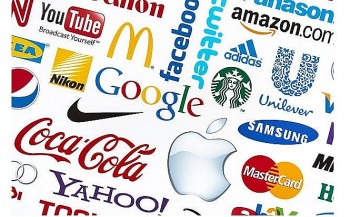What is E. coli: Symptoms, Sauses and Treatment
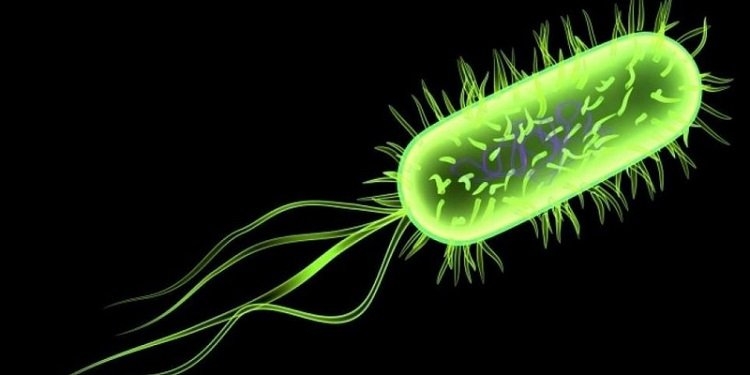 |
| E-coli. Photo: Sunny Eco |
What is an intestinal infection due to E. coli?
E. coli is a type of bacteria that normally live in the intestines of people and animals. However, some types of E. coli, particularly E. coli O157:H7, can cause intestinal infection. E. coli O157:H7 and other strains that cause intestinal sickness are called Shiga toxin–producing E. coli (STEC) after the toxin that they produce.
Symptoms of intestinal infection include diarrhea, abdominal pain, and fever.
More severe cases can lead to bloody diarrhea, dehydration, or even kidney failure.
People with weakened immune systems, pregnant women, young children, and older adults are at increased risk for developing these complications.
Most intestinal infections are caused by contaminated food or water. Proper food preparation and good hygiene can greatly decrease your chances of developing an intestinal infection.
Most cases of intestinal E. coli infection can be treated at home. Symptoms generally resolve within a few days to a week, as Healthline.
Symptoms
Symptoms of intestinal infection generally begin between 1 and 10 days after you’ve been infected with E. coli. This is known as the incubation period. Once symptoms appear, they usually last around 5 to 10 days.
Symptoms can include:
- abdominal cramping
- sudden, severe watery diarrhea that may change to bloody stools
- gas
- loss of appetite or nausea
- vomiting (uncommon)
- fatigue
- fever
Symptoms can last anywhere from a few days to more than a week.
Symptoms of a severe E. coli infection may include:
- bloody urine
- decreased urine output
- pale skin
- bruising
- dehydration
Call your doctor if you experience any of these severe symptoms.
According to the Centers for Disease Control and PreventionTrusted Source, about 5 to 10 percent of those who are infected develop hemolytic uremic syndrome (HUS), a condition in which the red blood cells are damaged. This can lead to kidney failure, which can be life-threatening, especially for children and the elderly. HUS generally begins about 5 to 10 days after the onset of diarrhea.
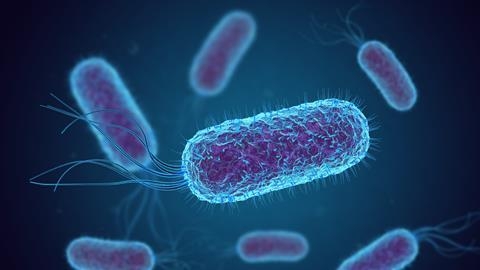 |
| E. coli. Photo: Chemistry World |
When to see a doctor
Contact your doctor if your diarrhea is persistent, severe or bloody.
Request an Appointment at Mayo Clinic
Causes
Only a few strains of E. coli trigger diarrhea. The E. coli O157:H7 strain belongs to a group of E. coli that produces a powerful toxin that damages the lining of the small intestine. This can cause bloody diarrhea. You develop an E. coli infection when you ingest this strain of bacteria.
Unlike many other disease-causing bacteria, E. coli can cause an infection even if you ingest only small amounts. Because of this, you can be sickened by E. coli from eating a slightly undercooked hamburger or from swallowing a mouthful of contaminated pool water.
Potential sources of exposure include contaminated food or water and person-to-person contact.
- Contaminated food
The most common way to get an E. coli infection is by eating contaminated food, such as:
-
Ground beef. When cattle are slaughtered and processed, E. coli bacteria in their intestines can get on the meat. Ground beef combines meat from many different animals, increasing the risk of contamination.
-
Unpasteurized milk. E. coli bacteria on a cow's udder or on milking equipment can get into raw milk.
-
Fresh produce. Runoff from cattle farms can contaminate fields where fresh produce is grown. Certain vegetables, such as spinach and lettuce, are particularly vulnerable to this type of contamination.
- Contaminated water
Human and animal stool may pollute ground and surface water, including streams, rivers, lakes and water used to irrigate crops. Although public water systems use chlorine, ultraviolet light or ozone to kill E. coli, some E. coli outbreaks have been linked to contaminated municipal water supplies.
Private water wells are a greater cause for concern because many don't have a way to disinfect water. Rural water supplies are the most likely to be contaminated. Some people also have been infected with E. coli after swimming in pools or lakes contaminated with stool.
- Personal contact
E. coli bacteria can easily travel from person to person, especially when infected adults and children don't wash their hands properly. Family members of young children with E. coli infection are especially likely to get it themselves. Outbreaks have also occurred among children visiting petting zoos and in animal barns at county fairs.
- Risk factors
E. coli can affect anyone who is exposed to the bacteria. But some people are more likely to develop problems than are others. Risk factors include:
-
Age. Young children and older adults are at higher risk of experiencing illness caused by E. coli and more-serious complications from the infection.
-
Weakened immune systems. People who have weakened immune systems — from AIDS or from drugs to treat cancer or prevent the rejection of organ transplants — are more likely to become ill from ingesting E. coli.
-
Eating certain types of food. Riskier foods include undercooked hamburger; unpasteurized milk, apple juice or cider; and soft cheeses made from raw milk.
-
Time of year. Though it's not clear why, the majority of E. coli infections in the U.S. occur from June through September.
-
Decreased stomach acid levels. Stomach acid offers some protection against E. coli. If you take medications to reduce stomach acid, such as esomeprazole (Nexium), pantoprazole (Protonix), lansoprazole (Prevacid) and omeprazole (Prilosec), you may increase your risk of an E. coli infection.
Complications
Most healthy adults recover from E. coli illness within a week. Some people — particularly young children and older adults — may develop a life-threatening form of kidney failure called hemolytic uremic syndrome.
Prevention
No vaccine or medication can protect you from E. coli-based illness, though researchers are investigating potential vaccines. To reduce your chance of being exposed to E. coli, avoid swallowing water from lakes or pools, wash your hands often, avoid risky foods, and watch out for cross-contamination.
Mayo Clinic Minute: Avoiding summer E. coli infection
Cook this incorrectly, and you could end up with a case of E. coli.
"E. coli stands for Escherichia coli, which is a type of bacteria."
"Most commonly, we hear about it in raw or undercooked hamburger meat."
Dr. Nipunie Rajapakse says E. coli bacteria can create some stomach-turning symptoms, like abdominal pain and nausea. But it can get even worse.
"There's a specific type of E. coli. It's called O157:H7, which can cause bloody diarrhea and has been associated with a condition that can cause kidney damage, especially in young children."
The elderly are also at higher risk for problems with E. coli, as are pregnant women, people with underlying digestive problems and those with weakened immune systems.
"If somebody were to be exposed to E. coli in something they ate or drank, they may have symptom onset within a couple of days to a few weeks after infection or exposure."
Dr. Rajapakse says the best way to avoid a bout with the bacteria is to wash your hands and thoroughly cook your hamburgers.
For the Mayo Clinic News Network, I'm Jeff Olsen.
Risky foods
-
Cook hamburgers until they're 160 F (71 C). Hamburgers should be well-done, with no pink showing. But color isn't a good guide to know if the meat is done cooking. Meat — especially if grilled — can brown before it's completely cooked. Use a meat thermometer to ensure that meat is heated to at least 160 F (71 C) at its thickest point.
-
Drink pasteurized milk, juice and cider. Any boxed or bottled juice kept at room temperature is likely to be pasteurized, even if the label doesn't say so. Avoid any unpasteurized dairy products or juice.
-
Wash raw produce thoroughly. Washing produce may not get rid of all E. coli — especially in leafy greens, which provide many places for the bacteria to attach themselves to. Careful rinsing can remove dirt and reduce the amount of bacteria that may be clinging to the produce.
Avoid cross-contamination
-
Wash utensils. Use hot soapy water on knives, countertops and cutting boards before and after they come into contact with fresh produce or raw meat.
-
Keep raw foods separate. This includes using separate cutting boards for raw meat and foods, such as vegetables and fruits. Never put cooked hamburgers on the same plate you used for raw patties.
-
Wash your hands. Wash your hands after preparing or eating food, using the bathroom, or changing diapers. Make sure that children also wash their hands before eating, after using the bathroom and after contact with animals.
| Mayo Clinic also advised avoid taking an anti-diarrheal medication — this slows your digestive system down, preventing your body from getting rid of the toxins. Antibiotics generally aren't recommended because they can increase the risk of serious complications and they don't appear to help treat the infection. If you have a serious E. coli infection that has caused a life-threatening form of kidney failure (hemolytic uremic syndrome), you'll be hospitalized. Treatment includes IV fluids, blood transfusions and kidney dialysis. |
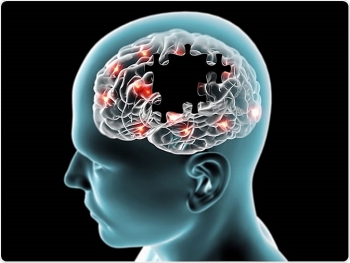 | Alzheimer disease: Symptoms and best Treatment Alzheimer’s disease, which was first recognized and described in 1906 by researcher Alois Alzheimer, is a progressive brain disease that initially manifests itself as minor ... |
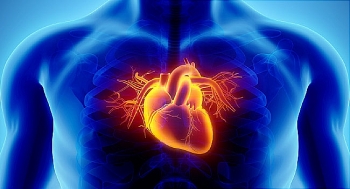 | What is Heart disease: Symptoms, treatments and the talking numbers Heart disease is a major cause of death in the U.S. The information below will help you answer the questions about the definition, symptoms, treatment ... |
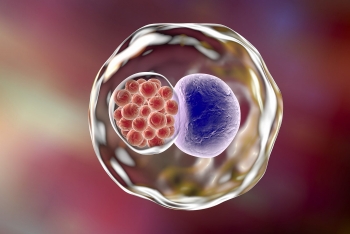 | What is Chlamydia disease? Chlamydia is a sexually transmitted disease caused by Chlamydia trachomatis bacteria. Chlamydia bacterial infections are more common among sexually active teens and young adults. Chlamydia ... |

